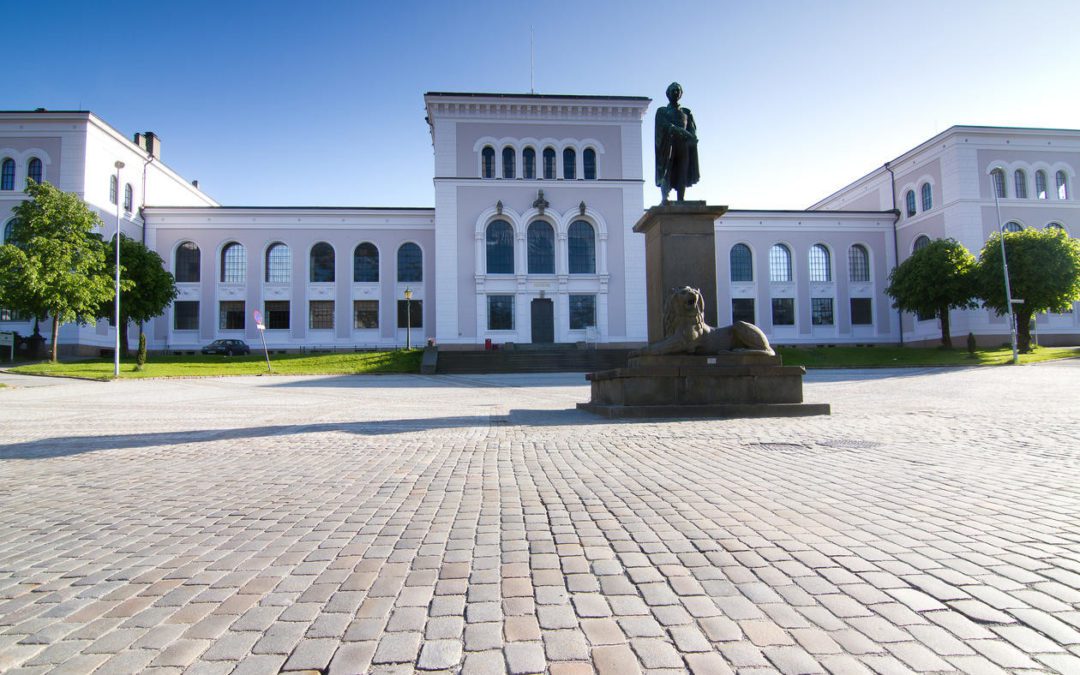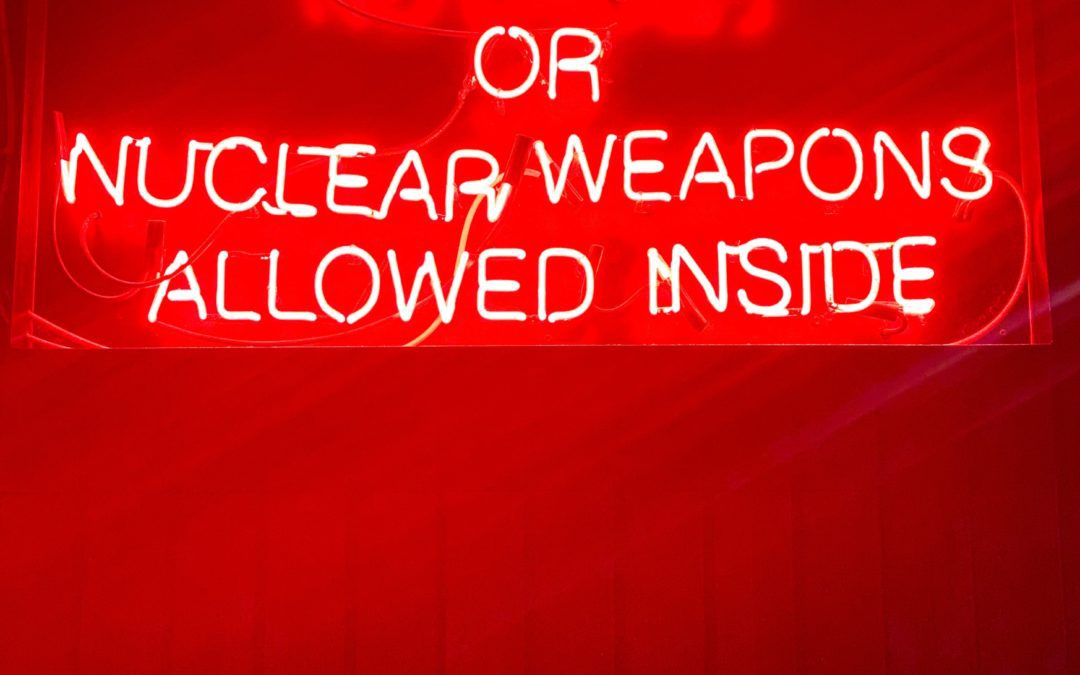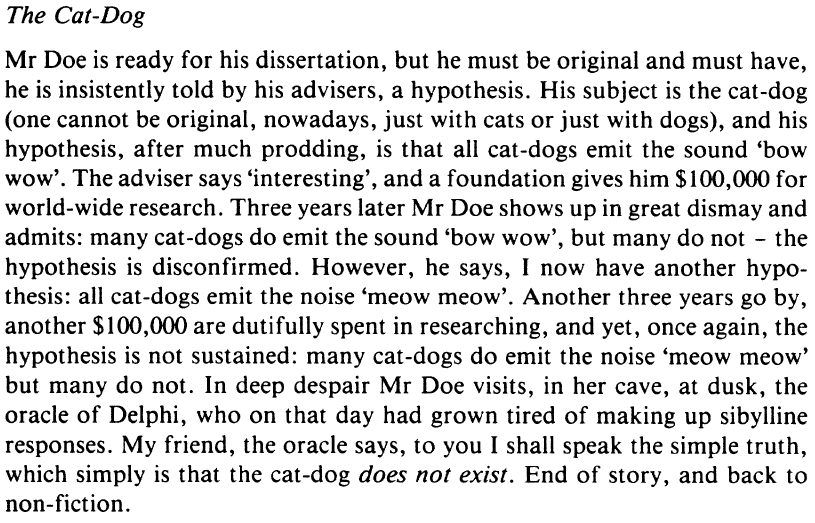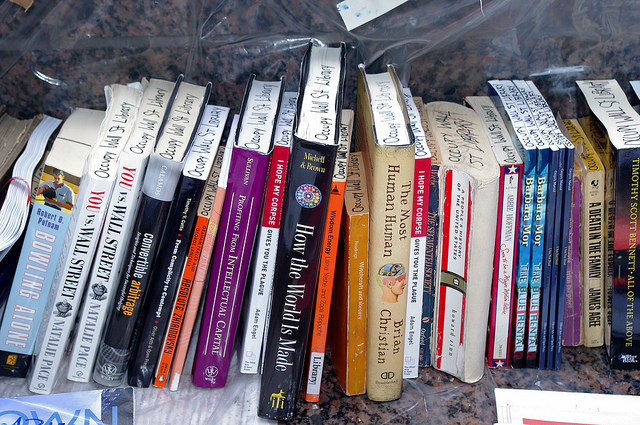Alongside research and teaching, most tenure-track jobs come with some expectation of service.


Alongside research and teaching, most tenure-track jobs come with some expectation of service.

Willardson and Sullivan’s recent article here provided numerous useful tips for Americans who want to “profess abroad.” They also asked scholars outside the United States to weigh in with thoughts....

In 1932, John Chamberlain lamented “the unwillingness of the liberal to continue with analysis once the process of analysis had become uncomfortable.” He was critiquing the way...

Many MA programs at so-called professional schools of international affairs require students to complete a thesis. The purpose of this is not always clear-cut for students in terminal and...
Fieldwork – “leaving one’s home institution in order to acquire data, information, or insights that significantly inform one’s research”(Kapiszewski, MacLean, and Read 2015: 1) – has long been a cornerstone of social science research. It is a remarkably diverse enterprise: ‘doing fieldwork’ can mean carrying out archival research, interviews, surveys, focus groups, participant observation, ethnography, or experiments. Fieldwork is also quite valuable: it helps orient scholars toward under-addressed ontological questions, including whether many of the concepts that we routinely study actually...

Political science has long had debates over methodology - i.e., ways of knowing about the world - but has had fewer over ontology - i.e. what exists in the world. This was noted by Peter Hall in his 2003 book chapter, “Aligning Ontology and Methodology in Comparative Research,” but other authors like Colin Hay and Liam Stanley have made the same critique. Why is this a problem? Two examples, one personal and one not: When I was a graduate student, it wasn’t until I reached India for my first fieldwork trip that I realized it was possible the very thing I wanted to study — ethnic...

This is a guest post from Prof. M. Victoria Pérez-Ríos. Pérez-Ríos holds a PhD in Political Science from The Graduate Center, CUNY (City University of New York); and graduated from the Law School of Saragossa, Spain. She is an Adjunct Assistant Professor in the Political Science Department at John Jay College of Criminal Justice and at the Social Science Department at LaGuardia Community College. Her research interests include civil rights, accountability & counterterrorism. She is currently writing a manuscript on memorials. Follow her at @victoriahhrr. This post is based on an ISA 2019...

It's happened to all of us. You get that email "Decision on Manuscript...," open it with a bit of trepidation, just to find a (hopefully) politely worded rejection from the editor. Sometimes this is justified. Other times, however, the rejection is due to the legendary "Reviewer #2," a cranky, ill-informed, hastily written rant against your paper that is not at all fair. The details can vary--they don't like your theoretical approach, don't understand the methods, are annoyed you didn't cite them--but the result is the same: thanks to a random draw from the editor's reviewers list you've got...

This is a call for a new series that grows out of a panel held at ISA earlier this spring. We have a few posts in process that come from participants on that panel, but we want to open it up to other contributors under the hashtag #ScholarActivism. Questions that you could explore include: What's your idea of the appropriate balance between scholarship and activism?What's been your experience?Does one's activism potentially serve as grist for critiques that academics are indoctrinating students?Is activism different from policy engagement? We welcome your thoughts on these questions and...

This is a guest post from Matt Evans (mevans8@nwacc.edu), who is Associate Professor of Political Science at Northwest Arkansas Community College. His words represent his own opinions as an individual, and not (necessarily) his employer. This is the fifth in the series on changing the field. #IRChange [i] The answer for change is simple: Political Scientists should consider how our ideas, practices, and institutions (dis)able our students financially; and then address these problems through our politics without retreat. The Problem At my first in-person teaching job, the department chair...
Public Domain — From Pixabay For caveats and background, see my introductory post. Editors write a lot of decision letters. At high-volume journals, editors write so many decision letters that it can become a tedious grind. For authors, though, the information communicated in decision letters matters enormously. It can affect their job prospects, salaries, and chances of advancement. Of course, authors, especially in the moment, overestimate the significance of any single journal decision. But receiving a rejection, revise-and-resubmit invitation, or an acceptance can certainly feel like a...

This is a guest post from James Guild who is a PhD candidate in political economy at the S. Rajaratnam School of International Studies in Singapore. His research interest is economic growth and infrastructure development in Indonesia and Southeast Asia, and his work has appeared in The Diplomat, Jakarta Post and New Mandala. Follow him on Twitter @jamesjguildThis is the fourth in the series on changing the field. #IRChange The dominance of rational-positivist approaches to modern social science, particularly in the United States, has tended to privilege research designs featuring deductive...